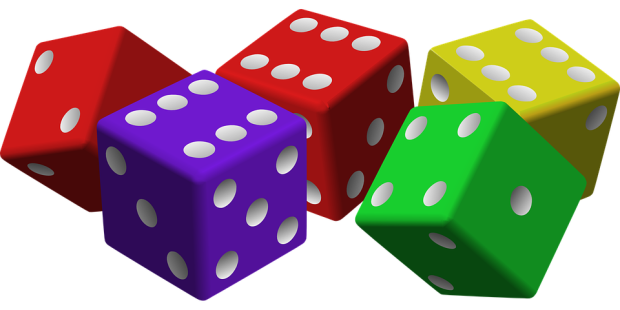Many times we consider how to provide our creativity and activity, that our students are involved in the task but that it has a dual function. On the one hand, entertain and, on the other, lay the foundations of mathematical concepts.
Source

For this it is important that the teacher has clear the educational purpose of the activity, how it relates to the content to be treated and what will be the different moments of the class, since it will be necessary:
- A previous moment, in which slogans are given and actions are programmed for both the students and the teacher (can act as mediator, coordinator, evaluator or be part of the game activity).
-Another moment will be the activity itself, in this case the didactic game that we propose. - Finally the activity will be closed evaluating and socializing the actions of all the participants and the elements used and, fundamentally, reflecting on the contents addressed:
What do we discover in this activity?
Did the game help us learn? - There is a moment after this activity that will bring the formalization of the contents addressed, that is, the mathematical aspect and its application to new situations.
Gambling, why take them to the classroom?
Gambling is a special kind of games, since they do not allow to predict results, that is, they do not use the strategy of the player to reach them, but they are totally informal.
We can differentiate the causal from the casual. The first term will be related to situations that were caused by some action, the second is quite the opposite since the situations are related to chance.
Chance is perfectly explicit through gambling.
Now we can ask ourselves what mathematical concept is learned from chance: the concept of probability.
This concept, which today forms part of our daily life and provides us with elements to harmonize the graphic or textual information that we receive, is presented as a new concept that will be constructed from the space in the classroom.
It is through game situations that our students can explore the relationships that are generated between the data that intervene in the probabilities discovering regularities. That is to say:
What data were repeated more times?
Which was repeated less?
Is it likely that the game comes out zero or is impossible?
Are the data that was repeated more likely to recur or not recur?
All these questions are those that we will evaluate and socialize in the moment of reflection, that is, in the moment after the game.
What games do I propose?
There are many variations in traditional games: cards, dice, bingo ...
The selection will be important and the modality of the game even more, since the work in small groups can be very valuable.
I propose:
The perinola
Source
The spinner

SourceThe "wheel of fortune"

SourceDices
Source
Each group can play with a different element and then exchange them.
The important thing will be the written record that you get from the game and dump it in a graph that reflects what data came out more times, than less ... clearly. It can be a bar graph, a pictogram or just a well-organized recount.
These data will help us to work on the analysis of the concepts: probable, possible, improbable and impossible, endowing our activity with mathematical meaning.
Reference:
Representing data - Lesson 1https://conjeturasdeunamatematica.wordpress.com/2016/08/17/los-juegos-de-azar-y-las-matematicas/
https://biblioteca.unirioja.es/tfe_e/TFE000727.pdf
Previous publication:
Steemhomework for the week / Earth day - School Garden

Very interesting post about the concept of probability I never heard about the perilona before :)
Hello @deisip67, I love your post, really that the more fun the children learn, the easier and more effective their learning will be. They are very fun games that can be put into practice in classrooms and at home as well. Thanks for sharing!
Hey, just wanted to let you know I gave you an upvote because I appreciate your content! =D See you around
Be advised @deisip67
The comment from @greentomorrow is far from being sincere. It has been identified as being copy/pasted comment spam intended to trick their targets into upvoting them. Please, refrain from doing so. They have been reported to @steemcleaners as well as downvoted and we are giving people a heads-up until they are dealt with. Thank you!